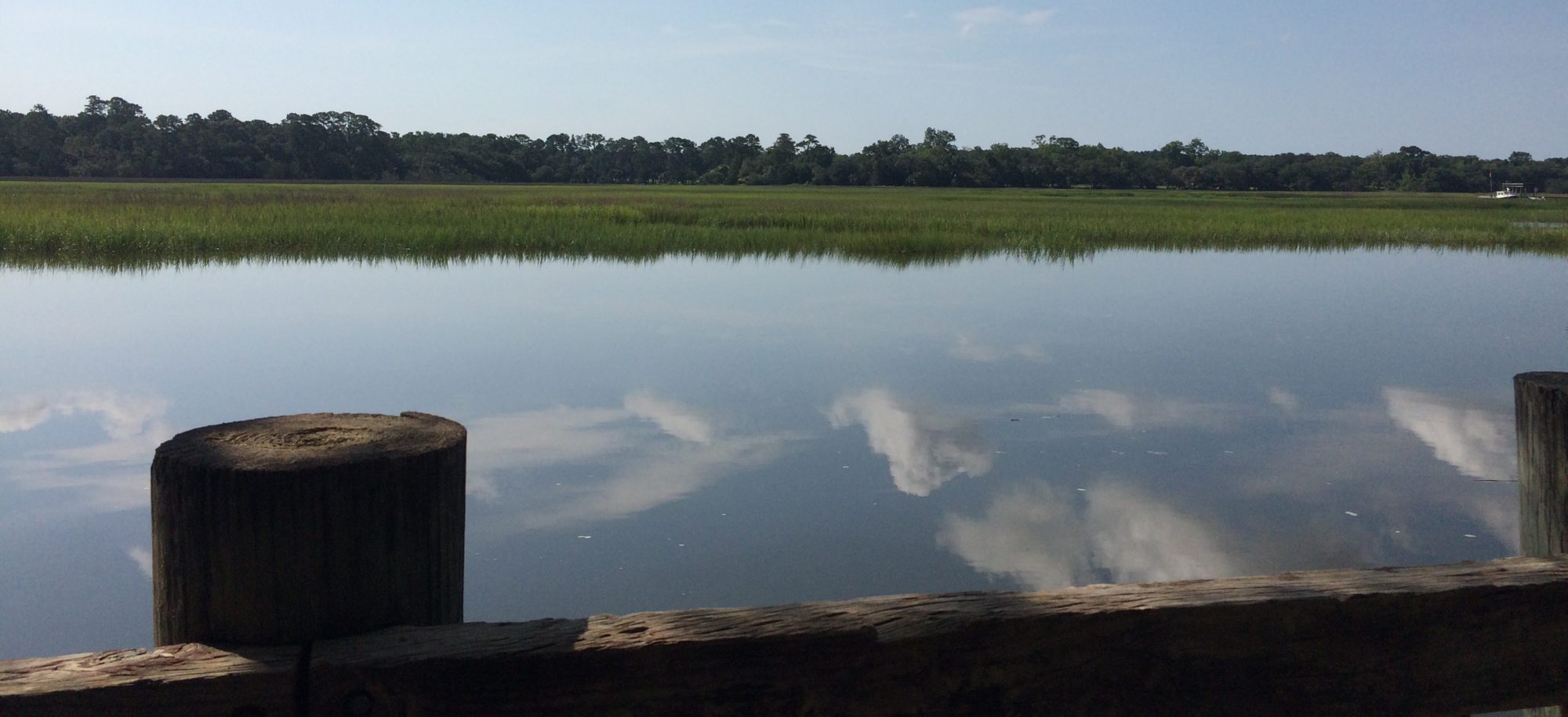The other day I saw an out-of-state license on a poem. The license was only on the last line. The author apparently resided in one of those states where a clean, unobstructed front-end supersedes efficient review of the theme. There was a license plate-shaped phrase on the front of the poem, but it didn’t say where the poem was from. Some licensing is necessary in poetry, I suppose. It may be good to limit slips into prose where there are a lot of potholes in personal thinking. The same goes for feelings which accumulate a layer of ice, or when the subject is dirt and there is no centerline in the dark. I looked up an actual poet in my state and asked her what poetic licensing was all about. She said it’s difficult to explain, but there are rules, as there are for other things. What they were, she couldn’t say exactly, but she used her poetic license all the time and it seemed to work. So, I said, how is it that a poet with only one license can write that she heard the house of her childhood call out to her before it was demolished? Or what about when she says the sky set itself on fire one night and refused to darken until just before sunrise? And how could she claim that the incredibly painful moment happened without warning, although everyone could see it coming? “It should have,” was all she answered.
Poetic License
Leave a reply
